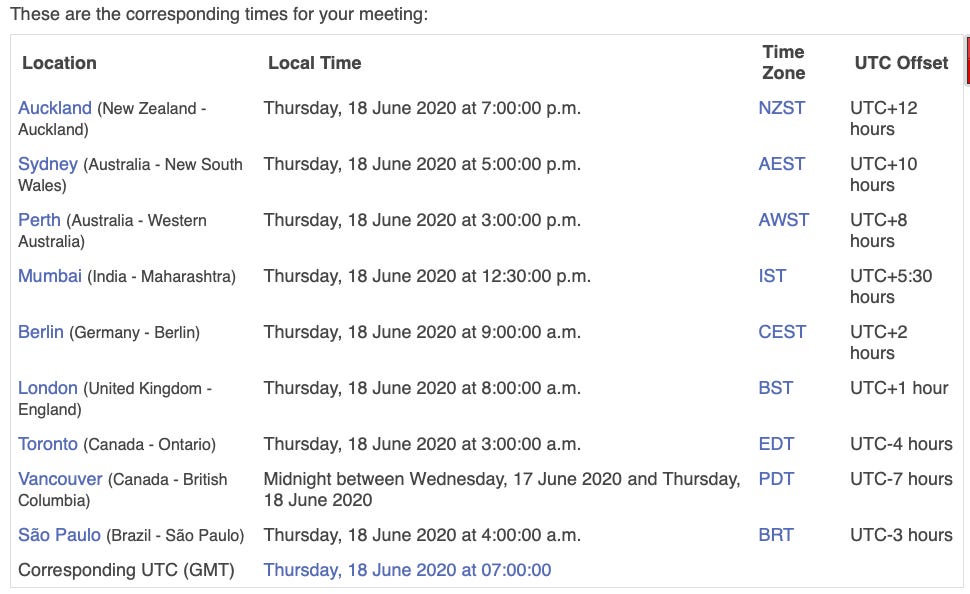The 2nd free online Critical Physiotherapy Course is in 2 weeks
A Person-Centred and Collaborative Model for Understanding Chronic Pain
Perspectives from a Pain Patient, a Practitioner, and a Philosopher
Christine Price, Matthew Low, Rani Lill Anjum
The practice of physiotherapy does not happen in a philosophical vacuum. While the idea of an ‘evidence-based’ healthcare might have immediate appeal, what this means in practice relies heavily on what we think of as causal evidence. Within the evidence-based framework, ‘evidence’ largely refers to statistical evidence, preferably from randomized controlled trials, linking one type of intervention to a therapeutic effect. What works on group level, however, does not easily transfer to the individual. A genuinely person-centred approach cannot consist in treating the patient as a statistical average of its most relevant sub-group, but rather in finding which treatment works best for that individual person in their current situation. Starting from a specific theory of causation, developed by philosophers Anjum and Mumford, a clinical framework was developed by physiotherapist Low for facilitating collaborative reasoning between patient and practitioner, which was later used by patient Price to understand and manage her own chronic pain. We propose that this framework can contribute to empower patients living with chronic pain to understand and manage their own condition. The following text is an attempt to show how the three perspectives – philosophy, practice, and patient experience – are closely interconnected.
Link for meeting: https://aut.zoom.us/j/4850164660
Download a short excerpt from their chapter in the upcoming Mobilizing Knowledge book here.




